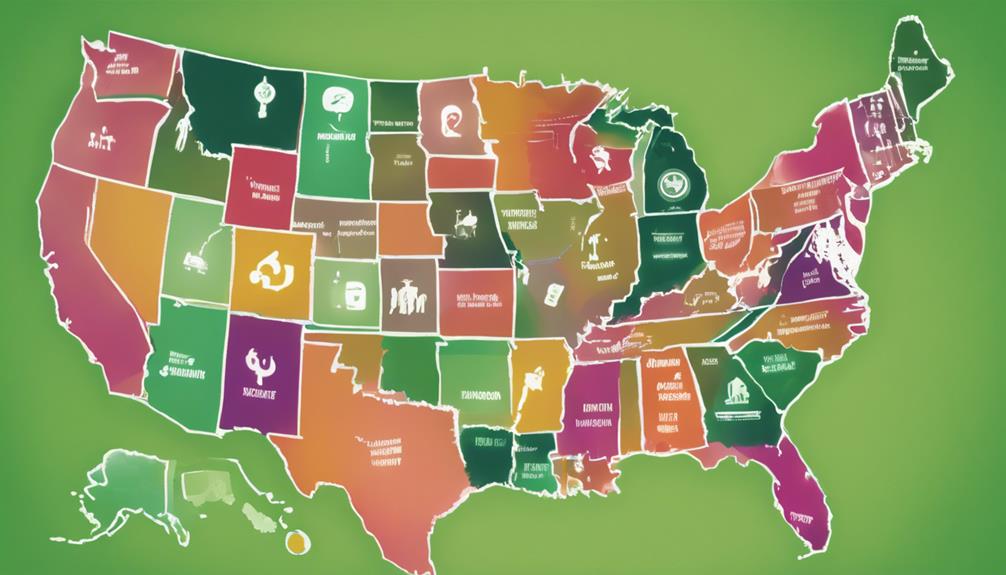Medicare is a crucial healthcare program in the United States that provides coverage to millions of older adults and certain younger individuals with disabilities. Understanding the Medicare application process is essential for beneficiaries to ensure they receive the healthcare services they need. This article aims to provide a thorough overview of the Medicare application process, including eligibility criteria, the different parts of Medicare, and tips for a successful application.
Understanding Medicare
Before diving into the application process, it is important to understand what Medicare is and the different parts it comprises. Medicare is divided into four parts:What Health Insurance Covers WegovyWhen Health Is Lost Something Is LostWhat Health Insurance Should I Get
- Part A (Hospital Insurance): Covers inpatient hospital stays, skilled nursing facility care, hospice care, and some home health care.
- Part B (Medical Insurance): Covers certain doctors’ services, outpatient hospital care, durable medical equipment, and some preventive services.
- Part C (Medicare Advantage): Offers an alternative way to receive Medicare benefits through private insurance plans approved by Medicare, combining coverage from Parts A and B, and often Part D.
- Part D (Prescription Drug Coverage): Provides coverage for prescription medications through private insurance plans.
Eligibility Criteria for Medicare
To qualify for Medicare, individuals must meet certain eligibility criteria:
- Age: Individuals must be 65 years or older.
- Disability: Individuals under 65 may qualify if they have been receiving Social Security Disability Insurance (SSDI) for at least 24 months.
- Health Conditions: Certain health conditions, such as End-Stage Renal Disease (ESRD) or Amyotrophic Lateral Sclerosis (ALS), can also qualify individuals for Medicare.
Additionally, to be eligible for premium-free Part A, individuals or their spouses must have worked and paid Medicare taxes for at least 10 years.
When to Apply for Medicare
The timing of your application is critical. The Medicare application process begins during the Initial Enrollment Period (IEP), which lasts for seven months:
- The three months before your 65th birthday
- The month of your birthday
- The three months after your 65th birthday
For individuals under 65 who are eligible due to disability, the IEP begins 24 months after receiving SSDI.
How to Apply for Medicare
The application process for Medicare can be completed in several ways:
Online Application
The easiest way to apply is through the Social Security Administration (SSA) website. Here’s how:
- Visit the SSA website at www.ssa.gov/medicare/apply.html.
- Complete the online application form, which generally takes about 10-30 minutes.
- Submit the application and keep a copy for your records.
Phone Application
Individuals can also apply for Medicare by calling the Social Security Administration at 1-800-772-1213. Here’s what you need to do:
- Call during business hours to speak with a representative.
- Be prepared to provide personal information, including your Social Security number and date of birth.
- Answer questions about your work history and any other health insurance you may have.
In-Person Application
For those who prefer a face-to-face interaction, visiting a local Social Security office is an option. Steps include:
- Finding your nearest office using the SSA website or by calling.
- Bringing necessary documentation, such as your Social Security card, birth certificate, and proof of any prior health insurance coverage.
- Meeting with a representative who will guide you through the application process.
Documents Needed for Medicare Application
When applying for Medicare, certain documents are required to verify your eligibility:
- Social Security number
- Birth certificate or proof of age
- Evidence of U.S. citizenship or legal residency
- Work history documentation (W-2 forms or tax returns)
- Health insurance information if you have coverage through an employer or another source
Understanding the Enrollment Periods
Aside from the Initial Enrollment Period, there are other enrollment periods that applicants should be aware of:
- General Enrollment Period (GEP): If you miss your IEP, you can enroll during the GEP from January 1 to March 31 each year, with coverage starting on July 1.
- Special Enrollment Period (SEP): If you qualify for Medicare while still working and have health insurance through your employer, you can apply during an SEP without penalty when your employment ends.
Common Mistakes to Avoid
To ensure a smooth application process, avoid these common mistakes:
- Not applying on time: Missing deadlines can lead to penalties and delayed coverage.
- Failing to provide accurate information: Ensure all information is correct to avoid processing delays.
- Not understanding coverage options: It’s important to research the different parts of Medicare to choose the right coverage for your needs.
Conclusion
The Medicare application process can seem daunting, but understanding the eligibility criteria, application methods, and necessary documents can simplify the journey. By paying attention to enrollment periods and avoiding common mistakes, applicants can ensure they receive the health coverage they are entitled to. Remember, Medicare is not just a lifeline for healthcare; it is a vital resource that can significantly enhance the quality of life for millions of Americans. Take the time to educate yourself about the process, and don’t hesitate to seek assistance if needed. Your health and well-being depend on it.
